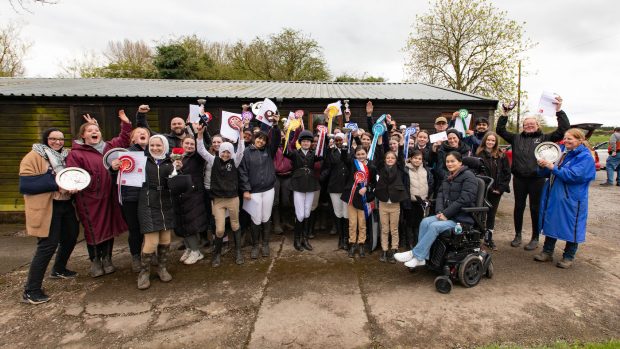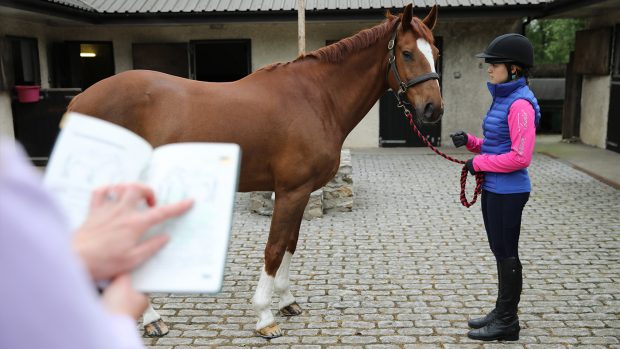Equine charities and British Horse Society (BHS) volunteers have voiced concern over a new rehoming scheme set up by the society.
Under the system, launched on 21 April, the BHS plans to create a register of existing and potential horse owners in the hope of finding a match for both ridden and companion animals.
Welfare executive Lee Hackett said: “The idea is that where an owner can’t afford to keep a horse and it doesn’t really have a market value, we will help to rehome it.”
While the BHS’s network of welfare volunteers will carry out home checks on potential owners, horses will not be assessed for suitability and no follow-up checks will be done.
Lynne Collins, BHS regional welfare officer for the south-east, is angry at the plans: “More responsibility is placed on volunteers who are already stretched and we will only do one home check,” she said.
“Once the horse has gone we effectively wash our hands of it. What is to stop an unscrupulous dealer selling it on?
“And if a horse has no market value, you have to question whether they should be rehomed or go to the pasture in the sky?”
But BHS chief executive Graham Cory told H&H: “This is not a loan scheme. The person who wants the horse must pay £1 to buy it, so there is a contract.
“These people will be more interested in getting the horse a good home than the money. The buyer must also consent to be visited by a qualified BHS inspector and to pay the cost of this (£150) to ensure they and their property are suitable.
“We are facilitating a sale and that’s that — we’re like a dating or matchmaking agency.”
The Horse Trust launched a rehoming scheme last summer, but is now “backing off” the idea, according to chief executive Paul Jepson.
“Both donors and recipients are proving disappointing. People sound highly enthusiastic but there is not a lot of commitment,” he said.
“I’m in two minds as to whether it’s a bit irresponsible — we don’t want horses passed from pillar to post. We don’t have the resources to home check and I am concerned we’re not able to do any checks post-rehoming.”
Redwings head of welfare Nicolas de Brauwere believes there is room for the BHS’s scheme if people “understand the limitations”, but he said Redwings stopped rehoming horses it had not rehabilitated in its centre several years ago.
“People are not always accurate — they’re not trying to mislead, but they might have a higher opinion of their abilities than is the reality,” he said.
“While our scheme helped a good dozen horses each year, it wasn’t perfect, and if it didn’t work out, people felt angry and blamed us for ‘underwriting’ it.”
But Mr Cory added: “At a time of economic difficulty like this many horse owners are unable to care for their animals and it is crucial that horses in this situation are rehomed responsibly and safely.
“No organisation is better placed to assist with this than the BHS.”
He said the BHS will draw up a change of ownership contract to facilitate the rehoming but will have no further responsibility for the horse.
“The horses never belong to us like they do to other charities. Once ownership has been exchanged onward care and attention is not relevant,” he said.
He added that the BHS already runs a rehoming loan scheme in which horses belong to the organisation and are visited and can be removed by the BHS at any time.
BHS chairman Patrick Print added: “We will ensure the home is suitable and then it is up to the new owners — the horses won’t be forgotten we will always be on hand for help and advice, I don’t think there is any welfare concern.”
This news story was first published in Horse & Hound (6 May, 2010)




